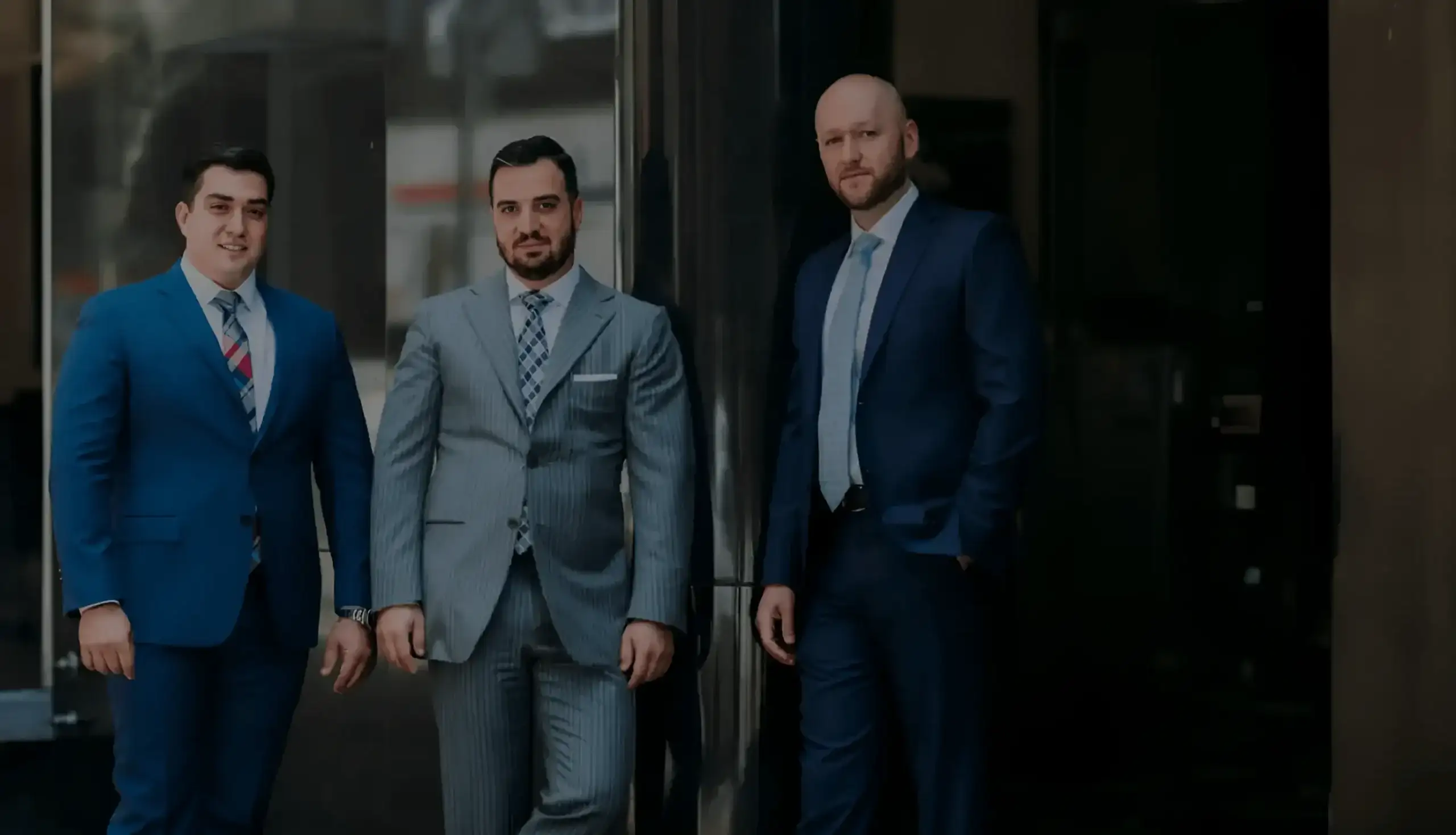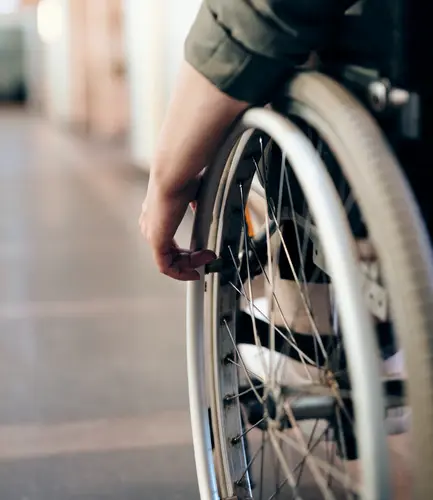Obtaining Fair Compensation for a Freeway Accident
Freeway accidents sometimes happen at high speeds and may involve multiple vehicles. Severe injuries are common, including injuries that leave a survivor permanently disabled. Obtaining reasonable compensation for such severe injuries requires a skilled and experienced legal professional.
The insurance company for the at-fault driver must compensate an injured person‘s losses, but their liability extends only to the driver’s coverage limits. When an injured person’s losses exceed the responsible driver’s coverage limits, the injured person must pursue a lawsuit holding the driver personally liable. Many drivers do not have sufficient assets to cover a severely injured person’s losses.
Our knowledgeable attorneys in Los Angeles could investigate whether other parties may have contributed to a freeway accident. Other drivers may have had a role in the crash, or a mechanical defect in one or more of the involved vehicles may have been a factor. Sometimes, poor highway design or maintenance leads to an accident, and in that case, the state or a local government may be liable.
Suing When Highway Conditions Contributed to the Crash
Governments are immune from many lawsuits, but legal claims for compensation are allowed when the negligence of a government employee or agency results in a personal injury. People injured in freeway accidents could claim compensation if they can prove that negligent design or maintenance of the road was a direct cause of their injuries.
California Government Code § 911.2 allows lawsuits against the state or a local government for injuries suffered in a vehicle accident. However, the injured person must submit a notice of claim to the appropriate government office within six months of the crash. Engaging a Los Angeles attorney immediately ensures the paperwork will be filed on time to preserve the right to sue the government agency responsible for maintaining the freeway.
After the agency has received the notice of claim, it has 45 days to review it and determine whether to pay. The agency can reject the claim, accept it in full, or accept it in part. When an injured person is not satisfied with the agency’s response, they can file a lawsuit in court.
Get Started Today

 facebook
facebook Instagram
Instagram Twitter
Twitter Linkedin
Linkedin Youtube
Youtube Tiktok
Tiktok


















